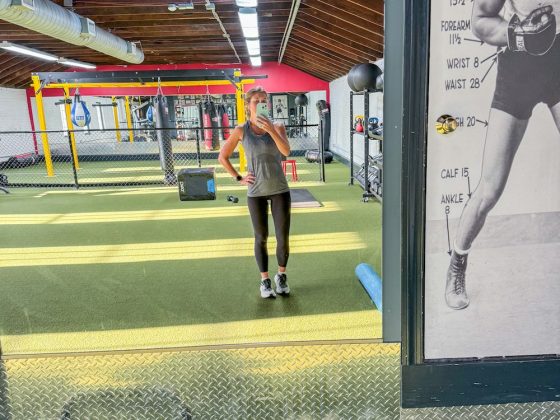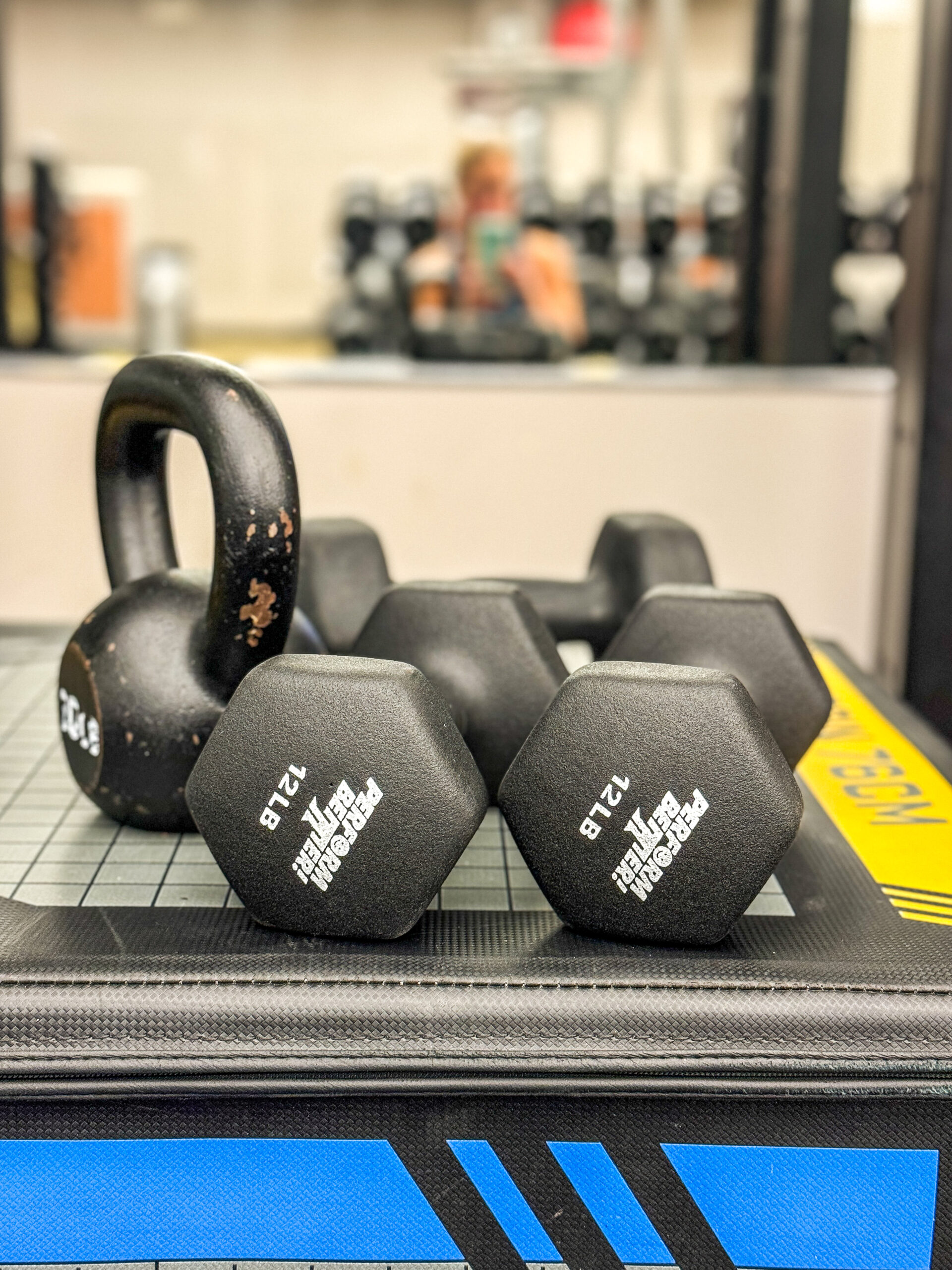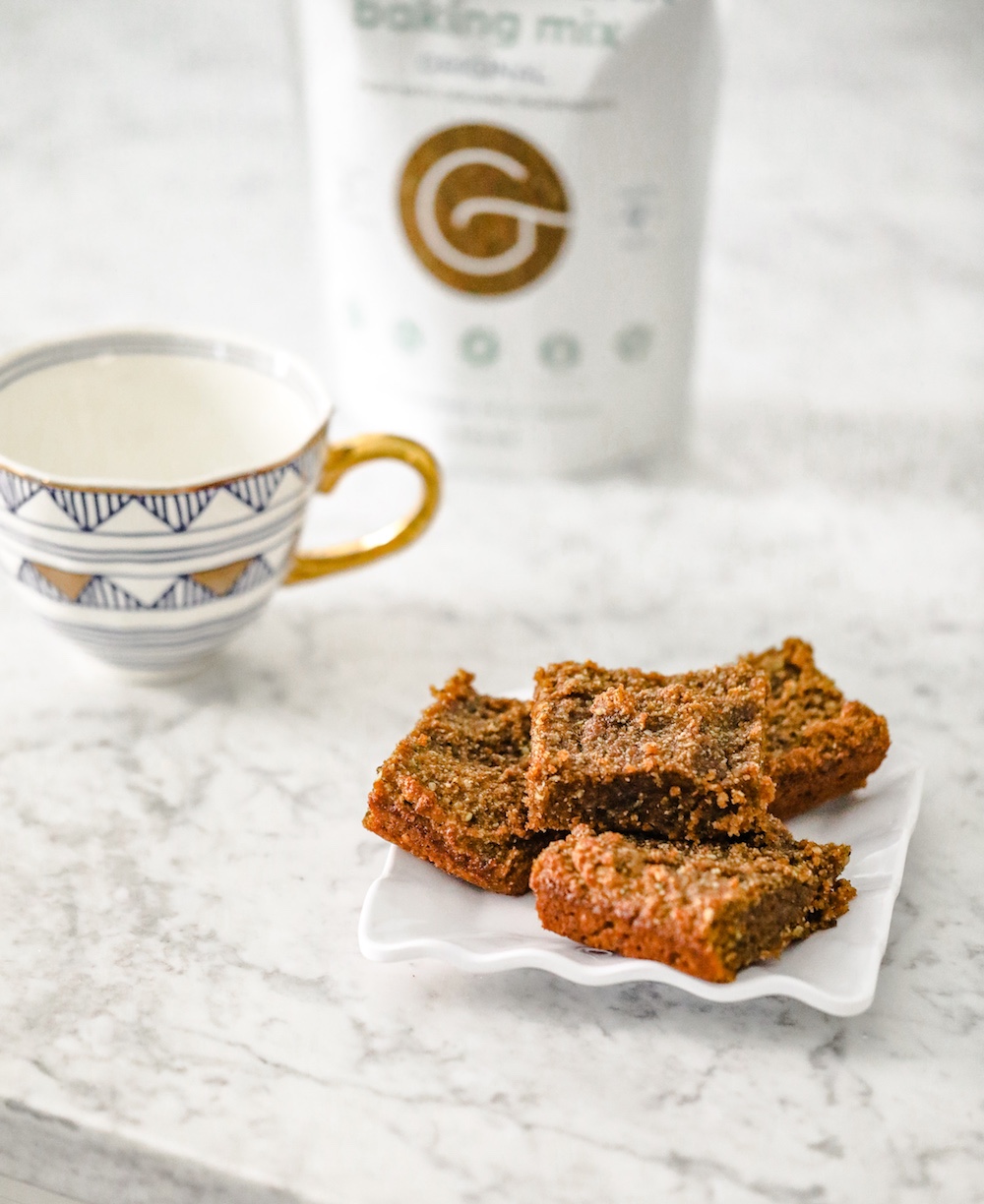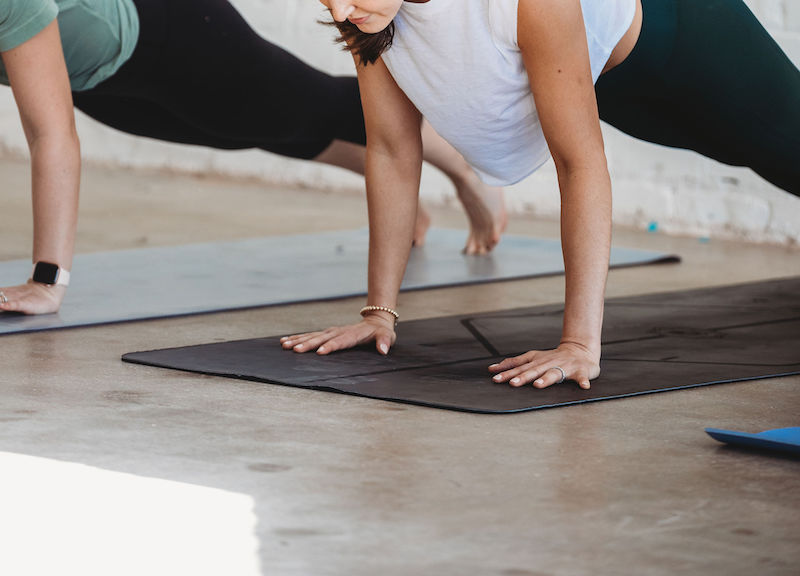It’s one thing to not feel motivated to exercise during regular life, but for pregnant people this can feel like an unimaginable ask. From first trimester exhaustion to struggling to move around with a big belly during the third trimester, exercise may be the last thing on your mind. However, with some modifications, it may be just the ticket to helping you feel better, more energized, less achy, and can even have health benefits for the baby. Check out these five reasons that it’s time to get out of your Netflix bender and move those muscles, at any stage of pregnancy (with your doctor’s approval of course).
1. It may relieve your aching back pain
Seems so counterintuitive, right? When your back hurts you just want to lay on the couch on a hot pack and count down the days until the baby is born. But exercise, according to Mayo Clinic, can improve your back pain by loosening up those tight and overstrained muscles, and might even help with other nasty pregnancy side effects like constipation, bloating, and swelling. Some exercises that may ease back pain include walking, pelvic tilts, and kneeling arm and leg raises.
2. It could help reduce your risk of Gestational Diabetes, and an unplanned-C-section
Around week 28 of pregnancy, your doctor might hand you that dreaded orange drink, along with instruction to test your blood sugar levels as they watch for Gestational Diabetes. One of the ways to increase your odds of passing this test, according to a 2017 study, is through exercise. As some pregnant people who have GD go on to have inductions or Caesarean sections, the study analyzed the rates of both for those who engaged in physical activity. The results? Lower weight gain, which helped prevent GD and decrease the odds of a C-section. That’s enough to get us out of our chairs and out for a brisk walk.
3. It’s energizing!
While it seems that exercising would make you more tired, those who love to get moving anecdotally point to the opposite being true–they are more energized on days they work out than those they skip. Credit goes to those endorphins released during exercise, pregnant or not, so look to build in a bit of prenatal yoga, walking, or pilates even during those tough first trimester exhausting days.
4. You might get more sleep
If anyone tells a pregnant person to “sleep before the baby comes” they clearly have never been pregnant. From aching joints to frequent urges to pee in the middle of the night, getting a great night’s sleep can be seriously tough during pregnancy. One thing that actually helps is exercise. Restless leg syndrome is a common cause of not sleeping well during pregnancy, and involved an uncomfortable sensation in your legs where you feel tingly or need to move them. Among other remedies, such as acupuncture and meditation, yoga and daily exercise are the solutions, according to What to Expect.
5. It could help control your blood pressure
One of the scarier aspects of pregnancy can be developing higher risk conditions such as pre-eclampsia, which involves high blood pressure. With doctor approval, you can work to counteract high blood pressure, and potentially prevent it, through regular exercise. If your typical jogging routine has you feeling the weight of that baby, try opting for something more low-impact like swimming. The University of Michigan has determined it to help lower blood pressure if you do it several times per week, and is also good for the baby.
For more pregnancy survival tips, check out this list of healthy prenatal food swaps for nausea.










